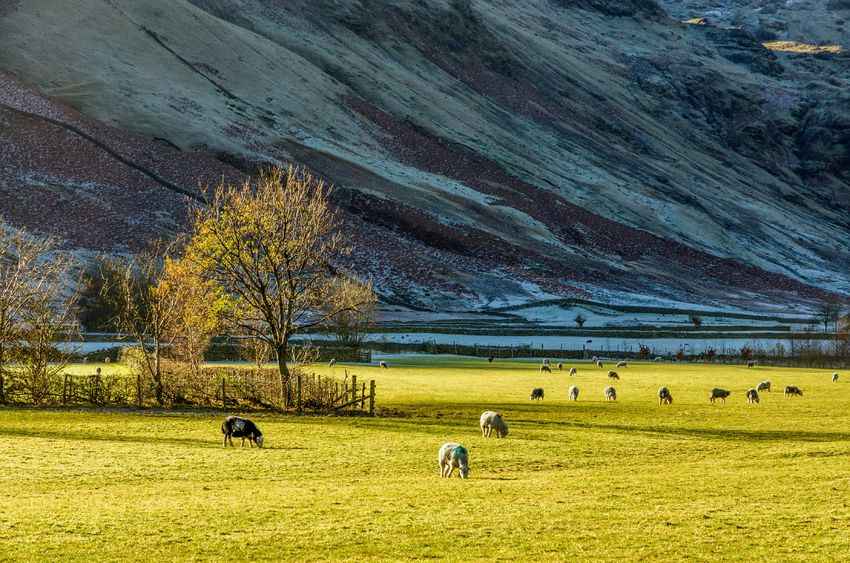
The Lake District, hot on the heels of being awarded a UNESCO World Heritage Site status, has appointed its first ever dedicated farming officer.
The national park was awarded the status in July, joining iconic locations such as the Taj Mahal, the Great Barrier Reef and Grand Canyon as a place of international acclaim.
With widespread agricultural experience, Briony Davey, who grew up on a North Yorkshire upland beef farm, said she was excited by the opportunities ahead as the park's first farming officer.
An early task is to help establish a new farming task force, made up of farmers from across the national park.
Briony will also be looking at how they can capitalise on the area’s World Heritage success and advising on government policies, schemes and funding.
Pivotal time
She said it was a pivotal time as the country faced its departure from the EU.
Her job includes forging close-ties with farming communities and establishing crucial links with both the Lake District National Park (LDNP) and Lake District National Park Partnership.
“It’s a dream job for me – and a big challenge,” she explained. “I was previously with the farm team at Yorkshire Dales National Park and have always worked with farmers on a range of issues, from agri-environment schemes to flood management.
“I’m fresh to the Lakes, but have a lot of experience in similar environments and am looking forward to getting to know people, the issues they face and delivering projects.
“I will be actively supporting farmers and making sure their voice is heard. This is an exciting time. World Heritage Site status has the potential to offer new opportunities, but there is uncertainty too as we prepare to leave the EU.”
'Focussed action plan'
LDNP’s lead strategy adviser, Andrew Herbert, said working with farmers was important to the success of agricultural and aligned businesses in the Lake District as it went forward as a World Heritage Site.
He added: “Briony’s appointment coincides with the National Trust employing a farming adviser. The two will liaise closely to make sure both organisations have a more joined-up approach to working with farmers.
“We want to put more effort into joint working for the benefit of both farmers and the national park as a whole.
“It will help on a number of fronts, including biodiversity, water quality, flood risk management, carbon storage, cultural heritage, health, wellbeing and, of course, their livestock businesses.
“We have a focussed action plan and look forward to a new era of working ever closer with our farming communities across the national park.”
